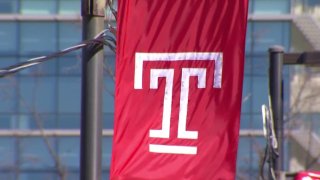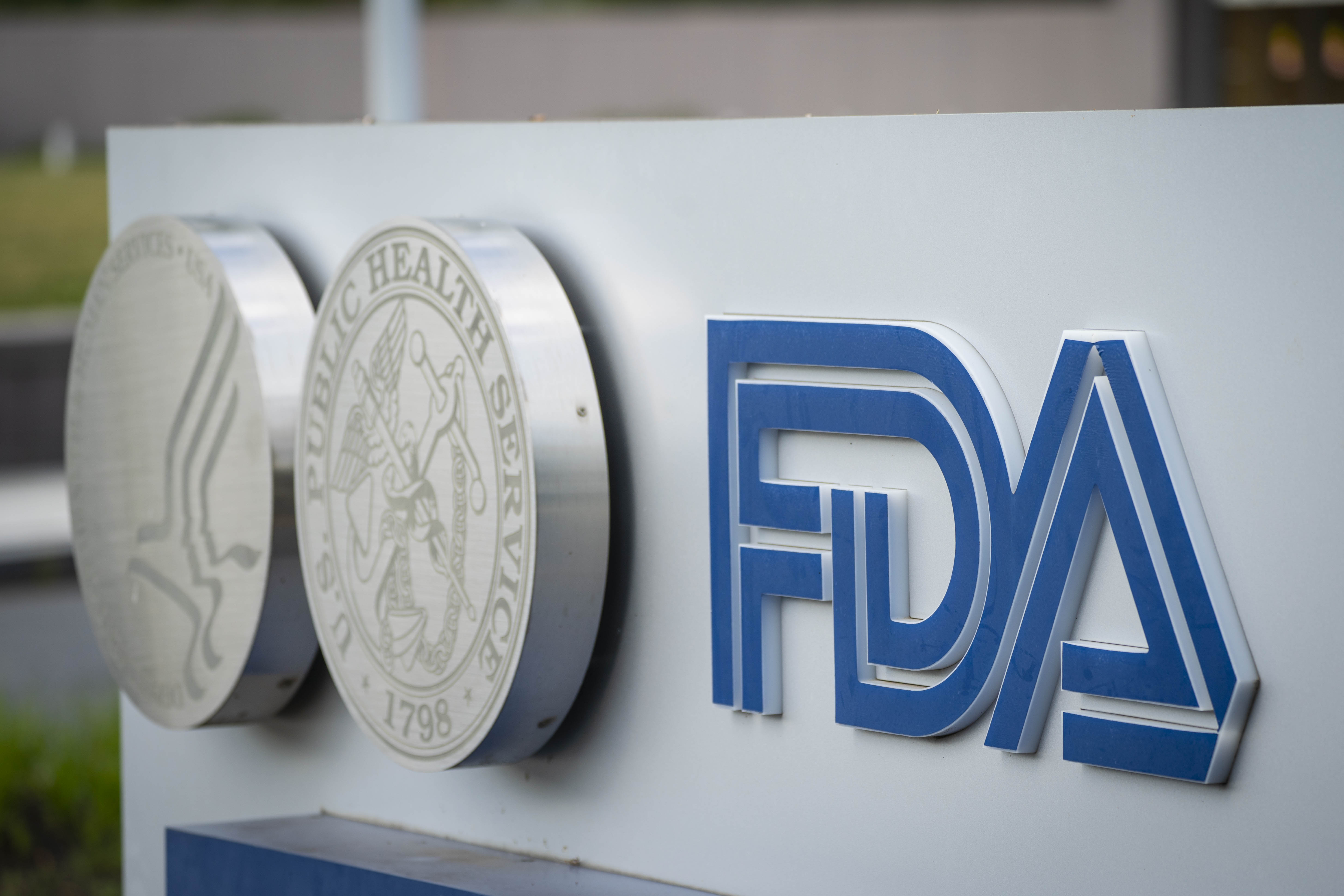
Temple University has withdrawn free tuition from striking graduate student assistants and given them a month to pay or face sanctions.
A notice from the bursar’s office posted online by a striker said students involved must pay their spring tuition bill in full by March 9 or face a $100 late fee and a financial hold on their account, which would bar them from registering for more classes, The Philadelphia Inquirer reported.
Tuition remission is worth up to $20,000 annually, depending on where the students are in their studies, the newspaper reported.
The Temple University Graduate Student Association, which represents about 750 members, began the first strike in its two-decade-long history on Jan. 31 after more than a year of negotiations and no agreement. The students teach core undergraduate courses and assist professors with research.
Get top local stories in Philly delivered to you every morning. >Sign up for NBC Philadelphia's News Headlines newsletter.
Temple maintains that more than 80% of graduate student teaching and research assistants are continuing to work, meaning fewer than 150 students are on strike. Union lead negotiator Matt Ford, however, said at least twice that many are on strike and more are joining. The two sides began mediation this week.
Temple says graduate students are part-time, temporary employees who work nine months of the year and 20 hours a week on average. Those on strike are not meeting the demands of their contract and "are no longer entitled to their compensation and work-related benefits, which include tuition remission,” the university said.
“Because striking workers are not entitled to tuition remission, they have been notified of their obligation to make arrangements to pay their tuition, consistent with how the university treats other students who have unpaid tuition obligations,” the university said in a statement.
Local
Breaking news and the stories that matter to your neighborhood.
Former union president Bethany Kosmicki, a member of the negotiating committee, said the university had made "the egregious and immoral choice to cut these benefits during the strike” and has also begun deactivating students’ health care accounts.
“We have had people who have been turned away from doctor’s appointments and who have had to pay out of pocket for prescriptions,” she said. “We are working on solutions to get people access to health care again.”
The union is seeking to raise average pay from $19,500 a year to more than $32,000, while the university is offering 3% raises that would result in average pay of about $22,000 over the four-year contract. The strikers also want health care coverage for dependents and longer paid parental leave and bereavement leave.



